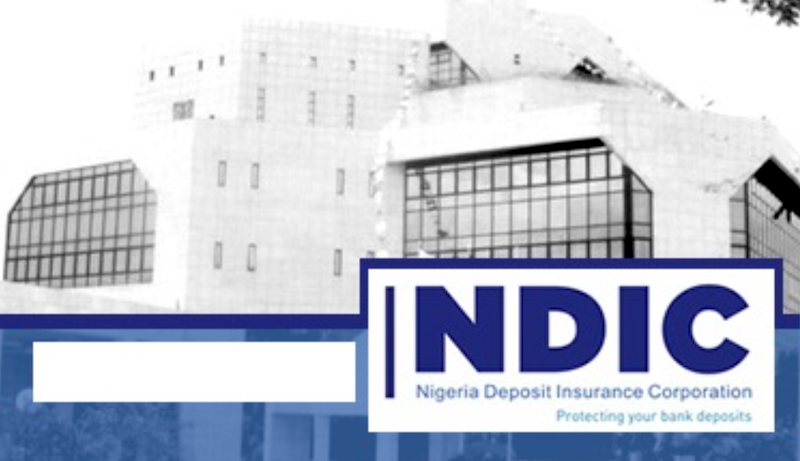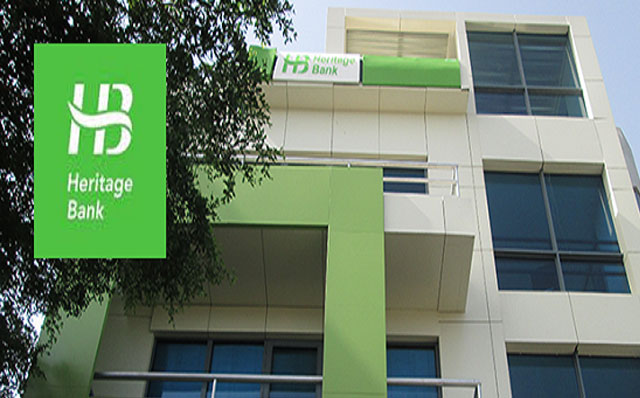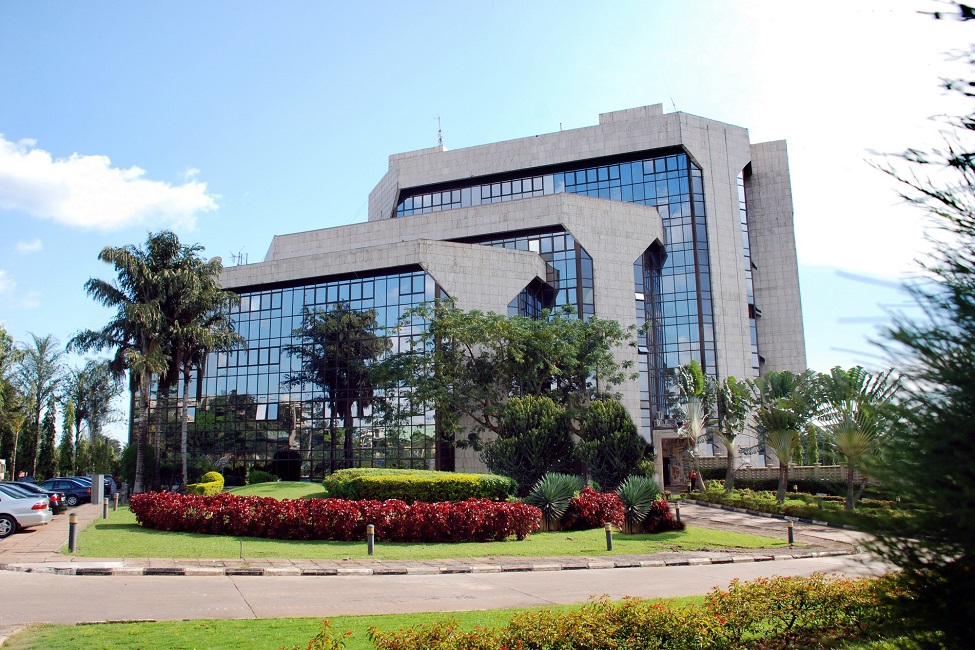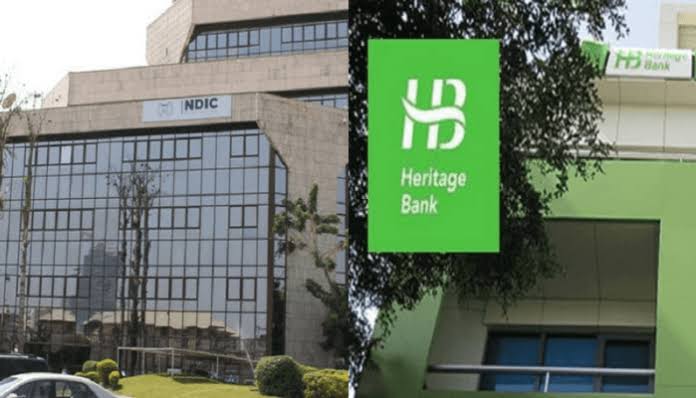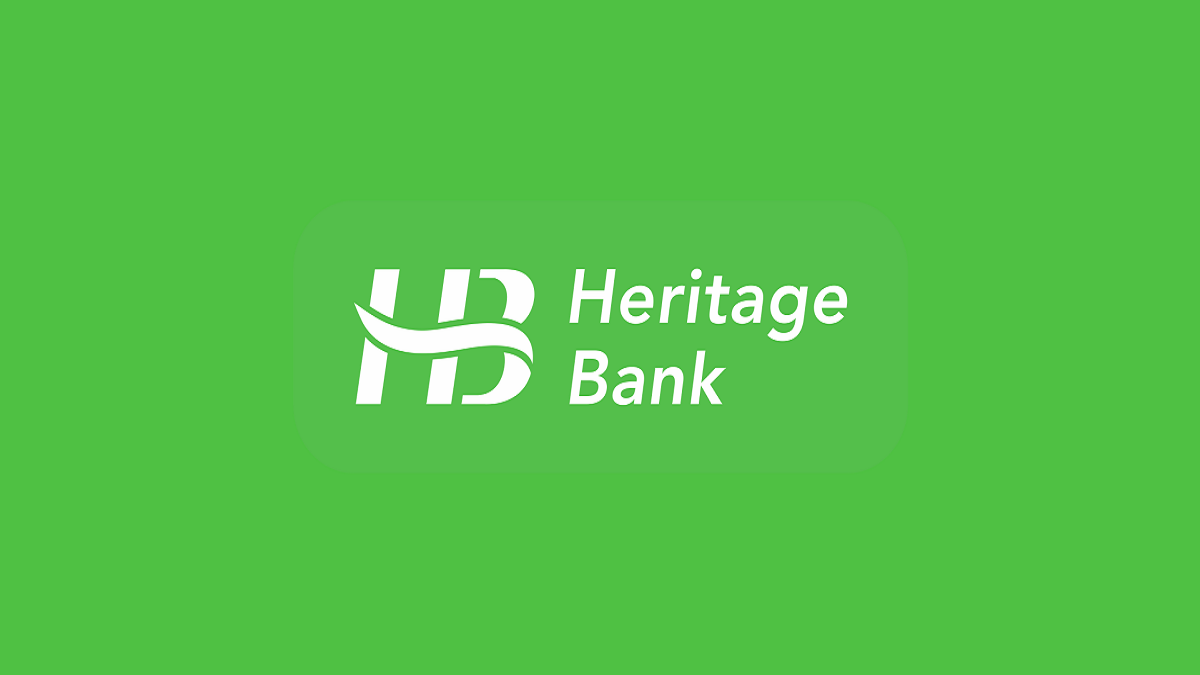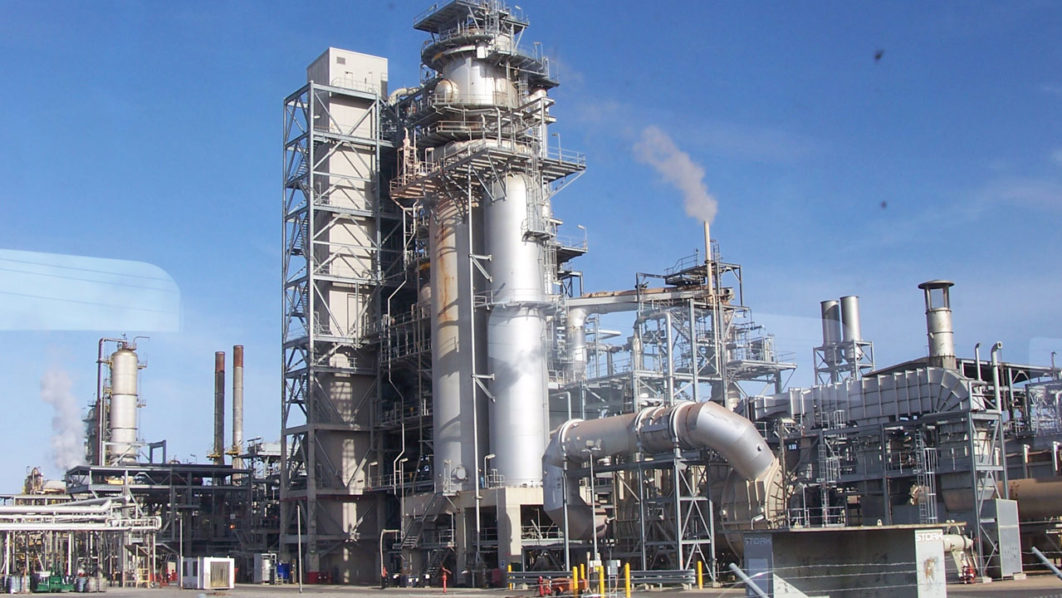The Nigerian Deposit Insurance Corporation (NDIC) will, at the expiration of its notice released on August 23, 2024, approach a Federal High Court to grant the order to dissolve 87 microfinance banks and primary mortgage banks in the country.
The Corporation disclosed this in a statement titled “Notice of intention to terminate liquidation activities” published on its website.
The statement reads, “NOTICE is hereby given to the General Public that the Nigeria Deposit Insurance Corporation (NDIC), in its capacity as the Liquidator of the under-listed closed Microfinance Banks and Primary Mortgage Institutions, in accordance with the provisions of its enabling law and other relevant laws, will at the expiration of thirty (30) days from the date of this publication present an application to the Federal High Court to obtain dissolution orders of the closed banks and to release/discharge Corporation as Liquidator of the banks.”
See Affected Banks and their dates of licence revocation
1. Galilee MFB, Abuja – 26 September 2018
2. Pinnacle MFB, Abuja – 4 February 2014
3. Royal Children Heritage MFB, Abuja – 26 September 2018
4. Savings Corp MFB, Abuja – 26 September 2018
5. Spec MFB, Abuja – 26 September 2018
6. Imad MFB, Abuja – 26 September 2018
7. Ihima MFB, Kogi – 4 February 2014
8. Liberty MFB, Kogi – 26 September 2018
9. Ovidi MFB, Kogi – 24 November 2020
10. New Mercantile MFB, Abuja – 4 February 2014
11. Altitude MFB, Lagos – 26 September 2018
12. Bonded MFB, Lagos – 26 September 2018
13. Hybrid MFB, Lagos – 26 September 2018
14. Mar-Bonch MFB, Lagos – 26 September 2018
15. Coral MFB, Lagos – 26 September 2018
16. Lasu MFB, Lagos – 26 September 2018
17. Shoreline MFB, Lagos – 26 September 2018
18. Sovereign MFB, Lagos – 26 September 2018
19. Wealthbasket MFB, Lagos – 26 September 2018
20. EDS MFB, Lagos – 4 February 2014
21. Compass MFB, Lagos – 4 February 2014
22. Enterprise MFB, Lagos – 4 February 2014
23. Freegate MFB, Lagos – 4 February 2014
24. Funds Matrix MFB, Lagos – 4 February 2014
25. Green Field MFB, Lagos – 4 February 2014
26. Interglobal MFB, Lagos – 4 February 2014
27. Kings MFB, Lagos – 4 February 2014
28. Keystone MFB, Lagos – 4 February 2014
29. Vinning MFB, Lagos – 4 February 2014
30. Marvelous MFB, Lagos – 26 September 2018
31. Santrust MFB, Lagos – 26 September 2018
32. TSM MFB, Lagos – 26 September 2018
33. Biztrust MFB, Lagos – 26 September 2018
34. Gideon Trust MFB, Lagos – 26 September 2018
35. Ethics MFB, Lagos – 26 September 2018
36. First Credit MFB, Lagos – 26 September 2018
37. Gapbridge MFB, Lagos – 26 September 2018
38. New Gate MFB, Lagos – 24 September 2010
39. Primate MFB, Lagos – 24 September 2010
40. Mustason MFB, Lagos – 24 September 2010
41. Mustard MFB, Lagos – 26 September 2018
42. Southwest MFB, Lagos – 24 September 2010
43. Trust One MFB, Lagos – 23 May 2023
44. Traders MFB, Lagos – 4 February 2014
45. Citiserve MFB, Lagos – 4 February 2014
46. SVP MFB, Rivers – 4 February 2014
47. CKC MFB, Rivers – 4 February 2014
48. Acorn MFB, Rivers – 4 February 2014
49. Aracom MFB, Ondo – 4 February 2014
50. Homeland MFB, Bayelsa – 24 September 2010
51. First Golden Mercury MFB, Osun – 4 February 2014
52. Cubic MFB, Edo – 24 September 2010
53. Solace MFB, Delta – 4 February 2010
54. Top Mega Trust MFB, Delta – 4 February 2014
55. Advance MFB, Akwa Ibom – 26 September 2018
56. Umu-Uma MFB, Anambra – 4 February 2014
57. First Amalgamated B/S, Kwara – 5 January 2015
58. Horizon Building Society, Abuja – 6 August 2012
59. Imani Savings & Loans, Abuja – 6 August 2012
60. New Capital Savings & Loans, Abuja – 6 August 2012
61. Owners Home S & L, Abuja – 6 August 2012
62. Perennial Building Society, Abuja – 6 August 2012
63. Primrose Savings & Loans, Abuja – 6 August 2012
64. Global Building Society (Confluence S&L), Abuja – 5 January 2015
65. Melrose Savings & Loans, Abuja – 6 August 2012
66. Acclaim Homes and Loans, Lagos – 6 August 2012
67. CB Homes Savings and Loans, Lagos – 6 August 2012
68. Coastal Homes Savings and Loans, Lagos – 6 August 2012
69. Crest Mortgage Savings and Loans, Lagos – 6 August 2012
70. Estaport Building Society, Lagos – 6 August 2012
71. Guardian Trust S & L, Lagos – 6 August 2012
72. Home Trust Savings and Loans, Lagos – 6 August 2012
73. Mars Home Investment Savings and Loans, Lagos – 6 August 2012
74. Omono Building Society, Lagos – 6 August 2012
75. Secure Savings and Loans, Lagos – 6 August 2012
76. Urban Shelter Savings and Loans, Lagos – 6 August 2012
77. Consolidated Estate Building Society, Lagos – 5 January 2015
78. Home Foundation Savings and Loans, Lagos – 5 January 2015
79. Password Savings and Loans, Lagos – 5 January 2015
80. Supreme Savings and Loans, Lagos – 1 October 2018
81. Midland Mortgages, Rivers – 5 January 2015 (Self-liquidation)
82. Garden City MFB, Rivers – 26 September 2018 (Self-liquidation)
83. Combined Benefit MFB, Bayelsa – 4 February 2014 (Self-liquidation)
84. Corporate MFB, Oyo – 4 February 2014 (Self-liquidation)
85. Lofty Heights MFB, Edo – 4 February 2014 (Self-liquidation)
86. Express MFB, Abia – 4 February 2014 (Self-liquidation)
87. Multi-Banc Savings and Loans, Lagos – 5 January 2015 (Self-liquidation)
